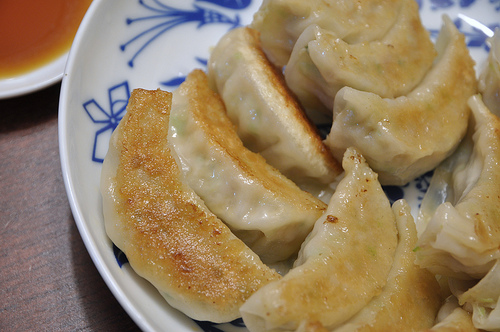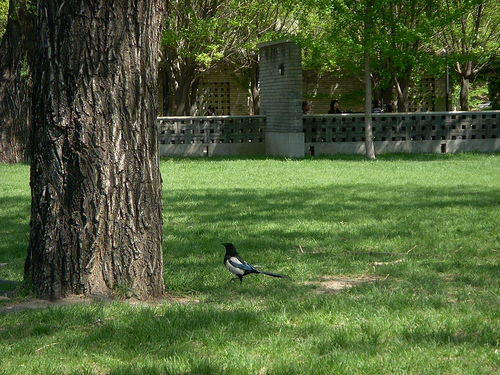I am teaching a seminar-like class called something like New Topics in Psychology. Most of the students are freshmen because this is the first year the psychology department has accepted undergraduates. Some unusual things happened on the first day of class:
- A graduate student volunteered to be a teaching assistant. (She was the second person to do so. A grad student in automation had volunteered a week earlier.)
- A freshman had her picture taken with me.
- I mentioned Caltech, where I was a freshman. Someone asked if Randy Pausch was a Caltech professor. (He was at Carnegie-Mellon.)
- The students did brief introductions. Many students appeared to think that one student’s Chinese name was humorous. This was briefly explained to me but I still have trouble believing it. Maybe I misunderstood.
- There was uncertainty about the length of the class. It lasted only the first two-thirds of a longer period. (The basic unit is 45 minutes class plus 5 minutes break.)
- The students were seated in the usual rectangular way. Moving from front row to back row, the students’ English appeared to get worse.
- The (first) teaching assistant advised them to not say “My English is not good” but to say “My English is on the way”.

